The processor Intel Core i5-7600K is developed on the 14 nm technology node and architecture Kaby Lake. Its base clock speed is 3.80 GHz, and maximum clock speed in turbo boost - 4.20 GHz. Intel Core i5-7600K contains 4 processing cores. To make a right choice for computer upgrading, please get familiar with the detailed technical specifications and benchmark results. Check socket compatibility before choosing.
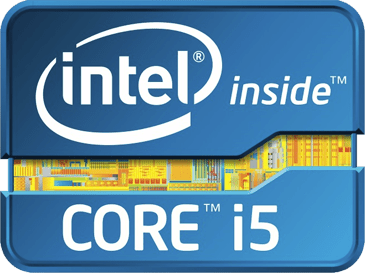
Intel Core i5-7600K processor review - Benchmark and Specs
Buy here:
General info
The base and maximum clock speed of the CPU Intel Core i5-7600K, number of processing cores and threads.
CPU Cores and Base Frequency
The general performance of a CPU can easily be determined based on the number of its cores and the thread count, as well as the base frequency and Turbo frequency. The more GHz and cores a CPU has, the better. Please note that high technical specs require using a powerful cooling system and a quality chipset (check VRM on the motherboard).
| Frequency: | 3.80 GHz | CPU Cores: | 4 | |
| Turbo (1 Core): | 4.20 GHz | Hyperthreading: | No | |
| Overclocking: | Yes | Turbo (4 Cores): | 4.20 GHz |
Internal Graphics
Some manufacturers complement their CPUs with graphic chips, such a solution being especially popular in laptops. The higher the clock frequency of a GPU is and the bigger its memory, the better.
| GPU name: | Intel HD Graphics 630 | |||
| GPU frequency: | 0.35 GHz | GPU (Turbo): | 1.15 GHz | |
| Generation: | 9.5 | DirectX Version: | 12 | |
| Execution units: | 24 | Shader: | 192 | |
| Max. Memory: | 64 GB | Max. displays: | 3 | |
| Technology: | 14 nm | Release date: | Q2/2016 | |
Hardware codec support
Here we deal with specs that are used by some CPU manufacturers. These numbers are mainly technical and can be neglected for the purpose of the comparison analysis.
| h264: | Decode / Encode | |||
| JPEG: | Decode / Encode | |||
| h265 8bit: | Decode / Encode | |||
| h265 10bit: | Decode / Encode | |||
| VP8: | Decode / Encode | |||
| VP9: | Decode / Encode | |||
| VC-1: | Decode | |||
| AVC: | Decode / Encode | |||
Memory & PCIe
These are memory standards supported by CPUs. The higher such standards, the better a CPU’s performance is.
| Memory type: | DDR4-2400 | Memory channels: | 2 | |
| ECC: | No | PCIe version: | 3.0 | |
| PCIe lanes: | 16 |
Encryption
Data encryption support
| AES-NI: | Yes |
Thermal Management
| TDP: | 91 W | Tjunction max.: | -- | |
| TDP up: | -- | TDP down: | -- |
Technical details
These are key parameters that will help you determine which CPU is better. Pay special attention to the release date, technological aspects of the manufacturing process (measured in nanometers), and the third-level cache (L3).
| CPU Threads: | 4 | L3-Cache: | 6.00 MB | |
| Technology: | 14 nm | Architecture: | Kaby Lake | |
| Virtualization: | VT-x, VT-x EPT, VT-d | Socket: | LGA 1151 | |
| Release date: | Q1/2017 | Market price: | ca. 270 $ |
Devices using this processor
You probably know already what devices use CPUs. These can be a desktop or a laptop.
| Used in: | Unknown | |||
Cinebench R11.5, 64bit (Single-Core)
This synthetic test will help you determine the real computing power of a single core in the central processing unit. Cinebench R11.5 is based on MAXON CINEMA 4D and employs various testing scenarios
Cinebench R11.5, 64bit (Multi-Core)
Cinebench R11.5 carries out simultaneous cross-platform tests on all the processor’s cores. By running realistic 3D scenes, this benchmark will reveal all the potential of your Intel or AMD single-unit processor
Cinebench R11.5, 64bit (iGPU, OpenGL)
Cinebench 11.5 is based on the Cinema 4D Suite, a software that is popular to generate forms and other stuff in 3D. The iGPU test uses the CPU internal graphic unit to execute OpenGL commands.
Cinebench R15 (Single-Core)
The latter is used for creation of 3D models and forms. Cinebench R15 is used for single-core processor performance benchmark test. The hyperthreading ability doesn't count. It is the updated version of Cinebench 11.5. As all new versions, the updated benchmark is based on Cinema 4 Suite software
Cinebench R15 (Multi-Core)
Cinebench R15 can be used for multi-core processor performance benchmark testing. The test produces precise and accurate results. This benchmark is the updated version of the Cinebench 11.5 which is based on Cinema 4 Suite soft.
Cinebench R20 (Single-Core)
Cinebench R20 is based on Cinema 4 Suite. It is the software used to create 3D forms. The benchmark runs for single-core test procedure without counting of hyperthreading ability.
Cinebench R20 (Multi-Core)
It is the new version of the benchmark which is developed on the basis of Cinebench R15 (both versions are operated on the basis of Cinema 4 - the most popular 3D modeling software). Cinebench R20 is used for multi-core processor performance benchmark tests and hyperthreading ability.
Geekbench 3, 64bit (Single-Core)
Geekbench 3 is the benchmark for Intel and AMD 64-bit processors. It employs a new power estimation system for a single CPU core. This software carries out the modeling of real scenarios to provide accurate results
Geekbench 3, 64bit (Multi-Core)
Geekbench 3 benchmark supports AMD and Intel multi-core processors. Being based on MAXON CINEMA 4D, it allows obtaining the real comparative CPU potential
Geekbench 5, 64bit (Single-Core)
Geekbench 5 benchmark is the newest software suit. Completely new algorithms provide the quite accurate benchmark testing results of the single-core CPU.
Geekbench 5, 64bit (Multi-Core)
Geekbench 5 software suite shows benchmark testing results of the memory performance and speed of the multi-core processor. Here the hyperthreading ability is counted.
Estimated results for PassMark CPU Mark
It tests entire and overall performance of the central processing unit (mathematical calculations, compression and decompression speed, 2D&3D graphic tests). Please note that data can differ from the real-world situations.
iGPU - FP32 Performance (Single-precision GFLOPS)
This test serves for determining the performance of integrated graphics in Intel and AMD processors. The result is the estimated computing power in the Single-Precision FP32 mode
In order to leave a review you need to login
 with others processors
with others processors 

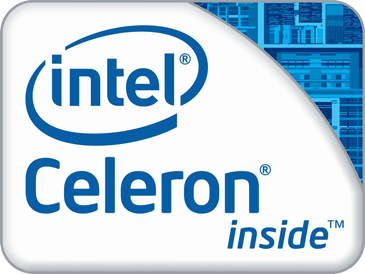
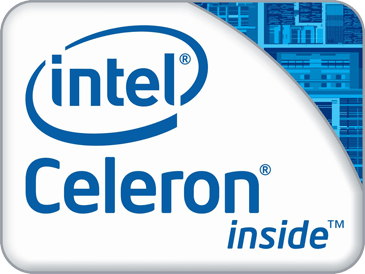

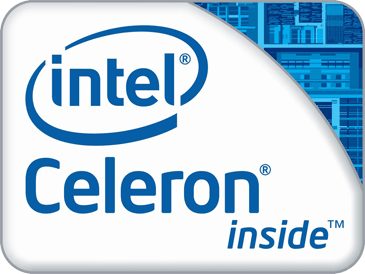



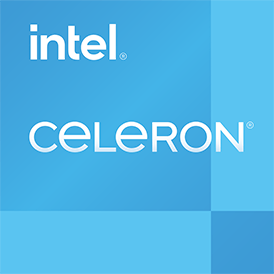
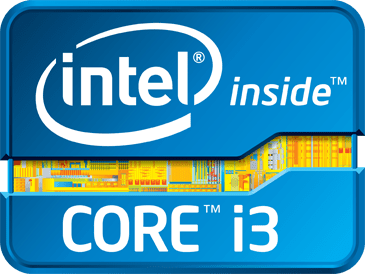
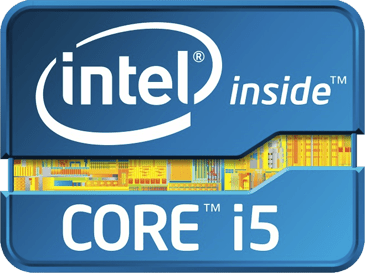
 AliExpress
AliExpress










































